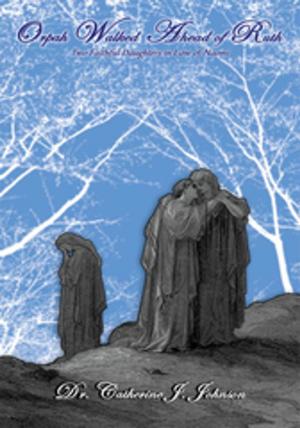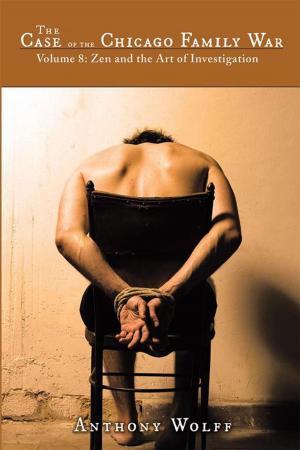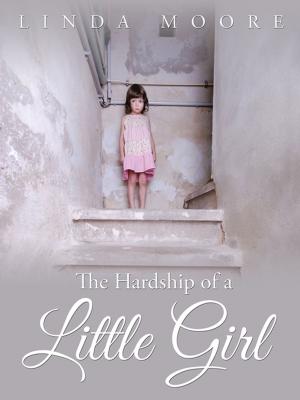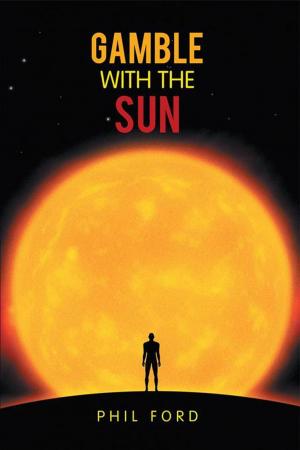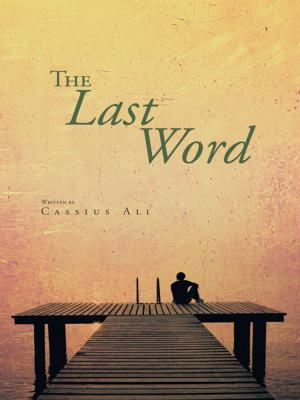Got to Go Now
An Oregon Gi Writes Home During World War Ii
Nonfiction, History, Military, Biography & Memoir| Author: | Edsel Colvin | ISBN: | 9780759693548 |
| Publisher: | AuthorHouse | Publication: | September 1, 2002 |
| Imprint: | AuthorHouse | Language: | English |
| Author: | Edsel Colvin |
| ISBN: | 9780759693548 |
| Publisher: | AuthorHouse |
| Publication: | September 1, 2002 |
| Imprint: | AuthorHouse |
| Language: | English |
This book is a father-son project. Actually its more of a father-son/son-father project. The letters are from Edsel Colvin to his dad, Frank Colvin from the time Edsel graduated from high school in 1941 until he got out of the Army in 1945. Most of the comments, introductions to chapters, and sidebars are also from Edsel to his son, Paul Colvin, most of them in response to questions about the original letters. These comments and other items are in italics throughout the book.
Edsels letters follow a small-town Oregon boy from his idyllic summer job as a fire lookout overlooking the Pacific in the Coast Range in 1941, where he was alone for weeks at a time, to the bitter French winter of 1944-45 when he saw his first combat and a fortuitous, but painful, hospital stay. They continue after the end of the war in Europe in May through the summer of 1945, when he was sweating out whether he was going to be sent to fight the Japanese in the Pacific Theater. They end in the fall of 1945 with his long-awaited discharge from the Army in Texas and his return to civilian life in Gold Beach.
This book is a father-son project. Actually its more of a father-son/son-father project. The letters are from Edsel Colvin to his dad, Frank Colvin from the time Edsel graduated from high school in 1941 until he got out of the Army in 1945. Most of the comments, introductions to chapters, and sidebars are also from Edsel to his son, Paul Colvin, most of them in response to questions about the original letters. These comments and other items are in italics throughout the book.
Edsels letters follow a small-town Oregon boy from his idyllic summer job as a fire lookout overlooking the Pacific in the Coast Range in 1941, where he was alone for weeks at a time, to the bitter French winter of 1944-45 when he saw his first combat and a fortuitous, but painful, hospital stay. They continue after the end of the war in Europe in May through the summer of 1945, when he was sweating out whether he was going to be sent to fight the Japanese in the Pacific Theater. They end in the fall of 1945 with his long-awaited discharge from the Army in Texas and his return to civilian life in Gold Beach.






